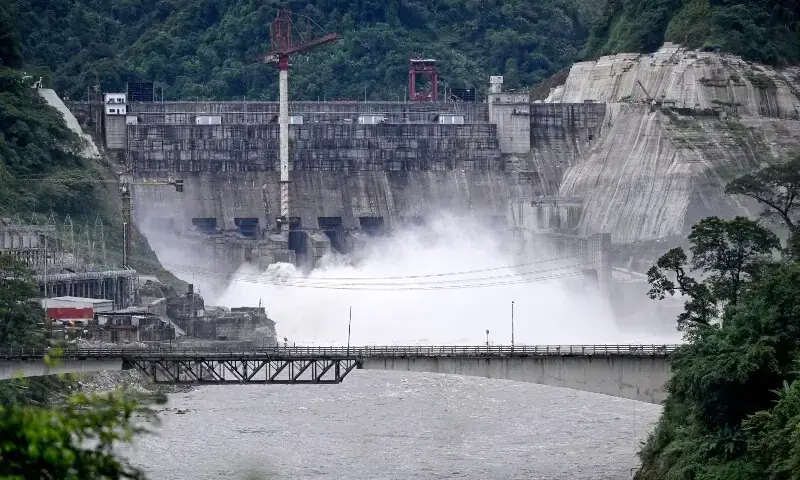The Looming Hunger Cliff: Why Washington's Standoff Could Leave Millions Without Meals
- Nishadil
- October 25, 2025
- 0 Comments
- 3 minutes read
- 39 Views
- Save
- Follow Topic

A 'SNAP Cliff' Looms: Government Shutdown Threatens Millions of Food Benefits
A looming government shutdown threatens to trigger a 'SNAP cliff,' potentially cutting vital food assistance for some 42 million Americans. This impending crisis is now a central, intensely debated issue in Washington's high-stakes budget negotiations.
Honestly, it feels like we’ve been here before, doesn’t it? Another week, another breathless countdown to a potential government shutdown, a familiar political dance that, for many of us, often just fades into background noise. But this time, perhaps more than most, the stakes feel profoundly, viscerally real for millions of American families. You see, lurking just beneath the surface of all those high-stakes budget negotiations is something truly alarming: a 'SNAP cliff' that could plunge vulnerable households into a sudden, devastating hunger crisis.
We’re talking about food assistance, specifically the Supplemental Nutrition Assistance Program, or SNAP. And here’s the kicker: if Washington fails to keep the lights on, so to speak, some 42 million Americans who rely on these benefits could face an abrupt and painful cut. Imagine, for a moment, being told that the very means you use to feed your children, your elderly parents, or even yourself, might simply… vanish. Or, at best, be severely curtailed. It’s a terrifying prospect, one that is, in truth, now a central, hotly contested flashpoint in a capital already brimming with tension.
The debate, really, boils down to how long the federal coffers for SNAP can last without new appropriations. The U.S. Department of Agriculture (USDA), which oversees the program, has a bit of a rainy day fund – some contingency cash, yes. But it’s not limitless, not by a long shot. And for some states, especially those with robust new enrollments, the well could run dry alarmingly fast. Picture this: state agencies, the boots on the ground, needing federal money not just for the benefits themselves but for the administrative costs of getting those benefits to people. Without it, the whole system grinds to a halt. It’s a logistical nightmare with truly heartbreaking human consequences.
Democrats, predictably, are hammering this point home. They’re rightly emphasizing the humanitarian cost, painting a stark picture of families struggling to put food on the table, of children going hungry. And it’s not just SNAP, mind you; other vital lifelines like the Special Supplemental Nutrition Program for Women, Infants, and Children (WIC) are also staring down the barrel of reduced funding. For many, this isn't merely a political football; it’s an existential threat. They argue, quite passionately, that jeopardizing access to food for the most vulnerable among us is an unacceptable — indeed, an unconscionable — negotiating tactic.
Republicans, on the other hand, well, they’re largely focused on reigning in what they see as runaway spending. It’s a battle over fiscal responsibility, over the size and scope of government. And while some acknowledge the potential hardship, the broader message often circles back to budget discipline. But when that discipline directly translates into empty plates for millions, you could say the optics become incredibly difficult, politically speaking.
So, here we are, watching the clock tick down. Will lawmakers find common ground before the eleventh hour? Or will millions of Americans — through no fault of their own — be forced to confront a future where basic necessities are suddenly out of reach? It’s more than just a political debate; it’s a profound question about our collective priorities, about what we, as a society, are truly willing to sacrifice in the name of a budget agreement. And for those staring down the barrel of that 'SNAP cliff,' the answer couldn’t be more urgent.
Disclaimer: This article was generated in part using artificial intelligence and may contain errors or omissions. The content is provided for informational purposes only and does not constitute professional advice. We makes no representations or warranties regarding its accuracy, completeness, or reliability. Readers are advised to verify the information independently before relying on
















